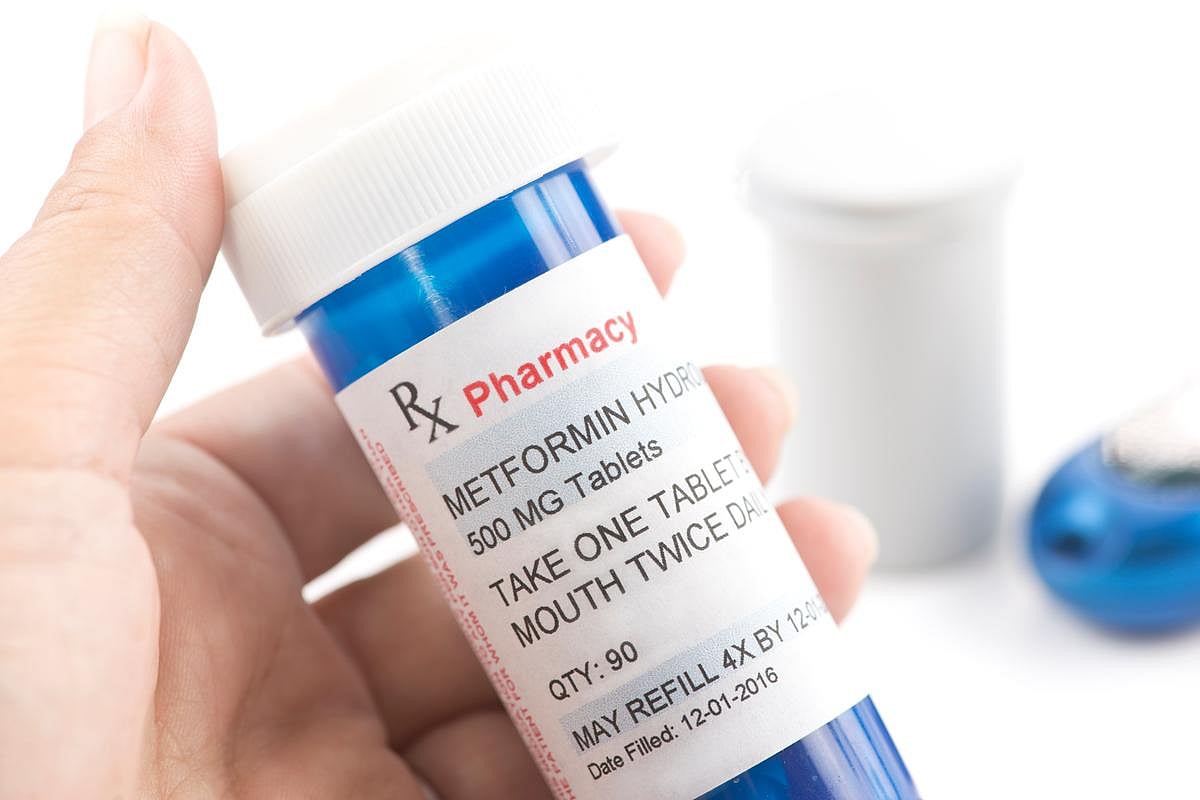Manténgase sano!

- Ernie Mundell
- Posted September 19, 2024
Diabetes Med Metformin Could Cut Risks for Long COVID
One of the most common diabetes drugs, metformin, might deliver an added bonus: Lowering users' odds for Long COVID.
Long COVID can present with symptoms including chronic fatigue, brain fog and chest pain and it may last weeks or months after an initial COVID infection. It's thought that millions of Americans suffer with the illness.
As the researchers note, one study published last year found that overweight or obese COVID patients who took metformin soon after infection had a 41% reduction in their odds for Long COVID.
"Metformin has clinical benefits when used as outpatient treatment for COVID-19 and is globally available, low-cost and safe," wrote the authors of that study, which was led by Dr. Caroline Bramante, of the University of Minnesota.
The new study sought to determine if the same benefits would occur among people taking metformin for their type 2 diabetes.
A team led by Stephen Johnson, also of the University of Minnesota, compiled data on almost 76,000 Americans who were taking metformin for their type 2 diabetes.
Their rates of a diagnosis of Long COVID were compared to another group of more than 13,000 people with diabetes who were not using metformin.
Johnson's team found that folks who took metformin had an up to 21% lower odds of either developing Long COVID or dying within six months of contracting COVID-19.
How might the drug ward off COVID's worst effects?
A news release from the National Institutes of Health (NIH) said that, "scientists are not clear how metformin may prevent long COVID, but they speculate the possibility of several mechanisms that reduce inflammation, decrease viral levels and suppress the formation of disease-related proteins."
The NIH funded the research, which was published Sept. 17 in the journal Diabetes Care.
More information
Find out more about Long COVID at the U.S. Centers for Disease Control and Prevention.
SOURCE: U.S. National Institutes of Health, news release, Sept. 17, 2024

